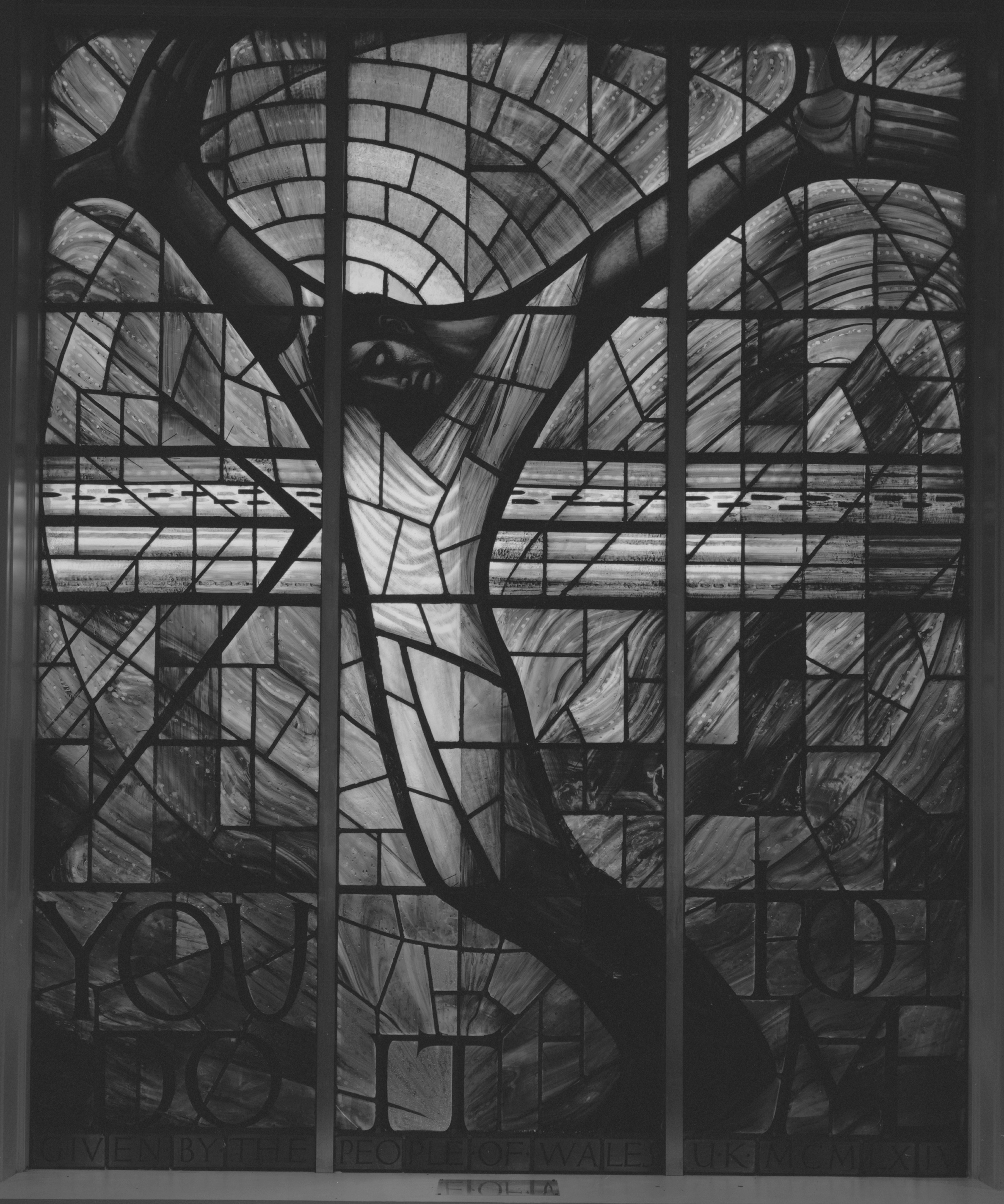In a nutshell: News outlets are reporting today on the death of Eugene C. Patterson (1923-2013). Patterson’s death provides an opportunity for teachers to explore issues of white privilege and majority responsibility for minority oppression.

As editor of The Atlanta Constitution from 1960 to 1968, Patterson was a progressive voice in the South during the most contentious years of the civil rights movement, earning a Pulitzer Prize in 1967. He later served as managing editor of The Washington Post and editor of The St. Petersburg Times in Florida. He died on Saturday in St. Petersburg at the age of 89.
Patterson may be best remembered for his 1963 column, “A Flower for the Graves,” eulogizing the four black children killed in the bombing of the 16th Street Baptist Church in Birmingham and assessing the responsibility borne by white southerners who tolerated a politics of racial hate. The day it was published, the editorial was read aloud on the CBS Evening News with Walter Cronkite.
Patterson’s death provides an opportunity for teachers to explore issues of white privilege and majority responsibility for minority oppression. Students can read the famous “A Flower for the Graves” essay (and perhaps listen to the essay on the evening news as soon as somebody posts in on YouTube), as well as accounts of the bombing of the 16th Street Baptist Church and other violent incidents from the civil rights era, including violence committed by both whites and blacks, and discuss issues of political responsibility for oppression of minorities, nonviolent protest, and civil disobedience.
Read more about Patterson’s life and legacy in The New York Times, The Washington Post, and The Atlanta Journal Constitution.